“Hey Chicago, you want some of this?” he asked me.
Michael Jordan and I had met a few times in Chicago, but I was surprised he remembered me. And there he stood by the clubhouse of South Ocean Golf Course south of Nassau in the Bahamas, shaking one of those purple velvet Crown Royal bags jangling what turned out to be black $100 casino chips. South Ocean is on the southwestern end New Providence, about 13 miles from City Center.
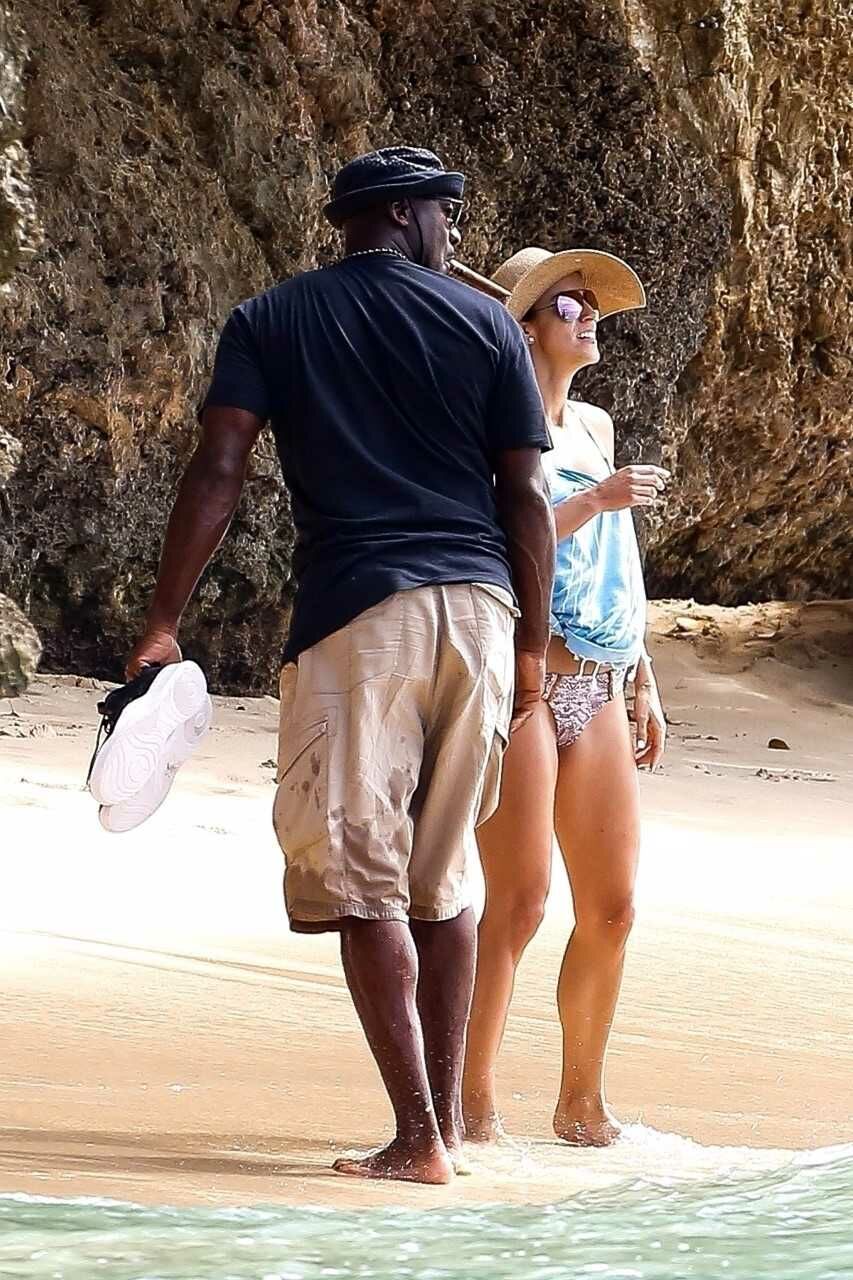
This was in his playing days, after he bought his huge house on Paradise Island Bahamas, where he could vent his competitive fire on any number of golf courses. My little place was between his and the golf course.

“Only if you’re giving them away,” I responded to his challenge. I knew nothing about his golf game, but was all too aware of mine. We did agree, however, that my Bahamian golf buddy and I would trail his group in our golf cart for a few holes just to check out his game.
The first hole was a 500-yard par 5. MJ was on the green in 3, then 2 putts for par. The second hole was a 420-yard par 4. He took a driver and then a 5 iron and was on in 2 (for non-golfers, that’s like Clarence Carter – “He be strokin’”!)
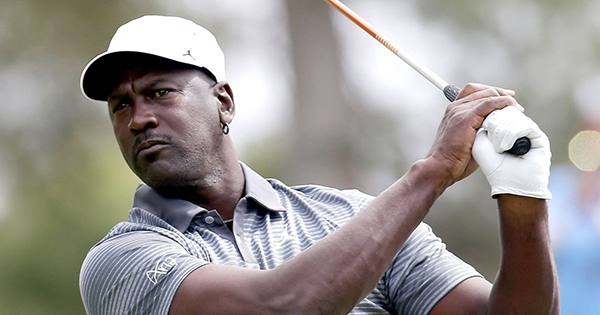
After seeing this, I told my Bahamian friend that’s enough, and we drove to the 10th tee to start our own round. The capper on this story is that the two local Bahamian golf hustlers who were playing with Michael sought us out after the round and showed us that same Crown Royal bag full of $100 casino chips.
“I wouldn’t try him on the basketball court,” one said, “but I got him here.”
Several takeaways from this tale are:
1) unexpected opportunities
2) triumphant teaming
3) lessons learned and
4) battles won.
And a real discovery is that in turbulent times to step back, retreat to your personal space (whatever or wherever that may be) and take time to refresh both body and soul.
Go Dancing With MJ
So, allow this writer to request a break in the action. A pause. A timeout from our historic struggles with the coronavirus, with police brutality, with white indifference and with what’s-his-name in the White House, to consider what I term a Magic Media Moment.
Better late than not at all, I offer a personal review of the recent documentary about Michael Jordan’s final championship season with the Bulls – The Last Dance.
ESPN teamed with Netflix to create five two-hour episodes about Jordan and the Bulls. It covers the years they won the NBA championship in 1991, 92, 93, 96, 97, and 98 (two three-peats).
The personalities, personal dramas, and athletic excellence of these Bulls displayed in this documentary are a perfect antidote for the overwhelmed, exhausted mind.
The 10-hour odyssey covers footage of practices and team travel largely filmed by a camera crew that was embedded with the Bulls for their final season together. This was a brilliant maneuver crafted in part by Jordan’s business manager David Falk.
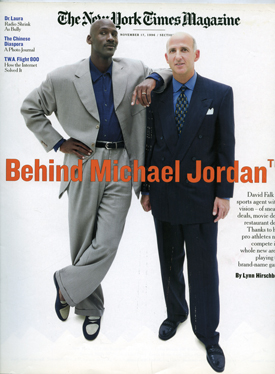
The insider footage was part of a planned documentary about the Bulls. Much of the material had been archived by the NBA League, but distribution required approval by the Bulls, NBA and Jordan.
Mark Stein of the New York Times observed, “No other luminary in league history has managed what Jordan just pulled off. His Airness made the NBA stash exclusive behind the scenes footage of his Chicago Bulls’ sixth and final title run in ’97-’98 for nearly 20 years. Then had the 10-part documentary that he finally blessed attract an audience of 4.9 million to 6.3 million for each serving.”
Critics call the series weak journalism and inaccurate history, a criticism that pales in the face of the huge TV audience. Another shrewd Falk business move was to position the documentary so as to engage a new generation of viewers who had never seen Jordan play…but would be drawn into buying his branded Nike sneakers.
Wesley Morris of the New York Times commented, “You could call these 10 hours a walk down memory lane, but that would be like calling the Mardi Gras a parade.”
Men With A Plan
For a basketball enthusiast, the 1991-98 era was the essence of team play based on a well-designed plan. The Bulls’ triangle offense had all five players touching the ball, whether or not Jordan ended with the score.
Scottie Pippen was the ideal wing man and Dennis Rodman was a tenacious rebounder. The series may not only be a last tango, but it also ended the surprise factor of crisp passing giving way to wide-open 3-point shots. They all do it now…or at least try.
Michael Jordan had a record 10 scoring titles that are not likely to be topped. His discipline and single-minded focus caused some people to wince. Jordan, for instance, did not engage in political or polarizing matters regarding Black issues.
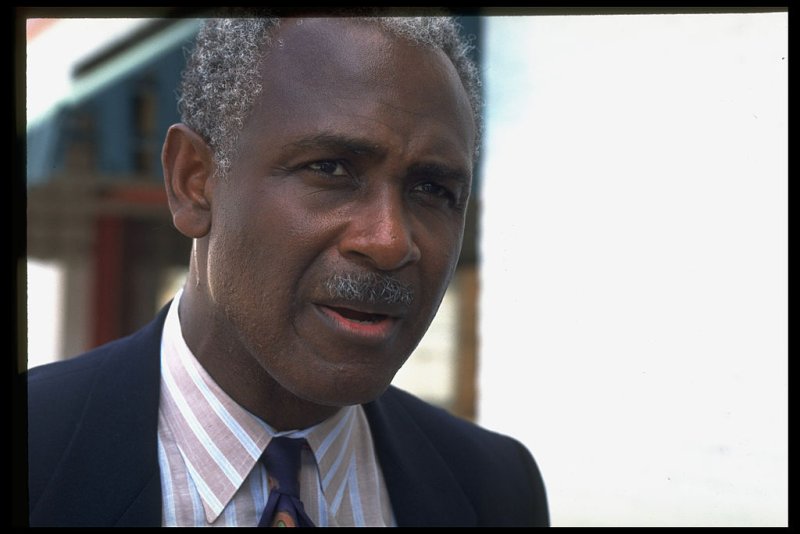
Example: Harvey Gantt, a Black former mayor of Charlotte, North Carolina, was running for the U.S. Senate in 1990 to unseat racist Jesse Helms. Gantt and other political leaders asked for Jordan’s endorsement. He refused. Jordan’s ambition was to achieve unimpeachable, unparalleled excellence in his chosen career. Everything else was a potential distraction.
Michael Jordan’s basketball brilliance eclipsed some of his leadership faults, according to New York Times labor writer Noam Scheiber. Jordan showed little mercy when berating his teammates.
The series quotes Jordan challenging a teammate: “I’m going to ridicule you until you get on the same level as me. And if you don’t get on the same level, then it’s going to be hell for you.”
Today’s experts and workplace gurus warn against such Jordan rules where and whenever stars exhibit demeaning talk to lesser talents. They would refer to them as “toxic workers” or “superstar harassers”.
Jeff Van Gundy, then New York Knicks coach and now NBA TV game analyst, is quoted as saying, “He was so freakishly talented, driven, and hardworking that notwithstanding his behavior, the net contribution to the team still exceeded that of any basketball contemporary. You’d have to be that level of great to lead that way.”
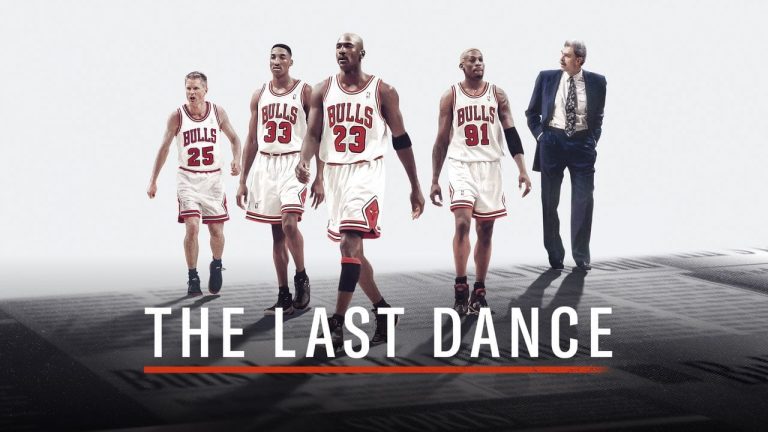
The documentary gives ample nods to Scotty Pippen, Dennis Rodman, Steve Kerr and coach Phil Jackson. Pippen injured his left ankle in 1997, but continued to play hurt, helping the Bulls win their fifth championship.
He was considered the best wing man of all time. Yet in the final year of a seven-year contract, he was the sixth highest paid player on the Bull’s team and the 122nd highest paid player in the NBA. Given his contribution, Pippen deserved better, and the film shows his disappointment.
Dennis Rodman at first glance appears to be a nut job with multi-color hair. But he was a rebounding machine. And the perfect ball-getter for missed shots, which he’d pass the ball out or put it back in for two.
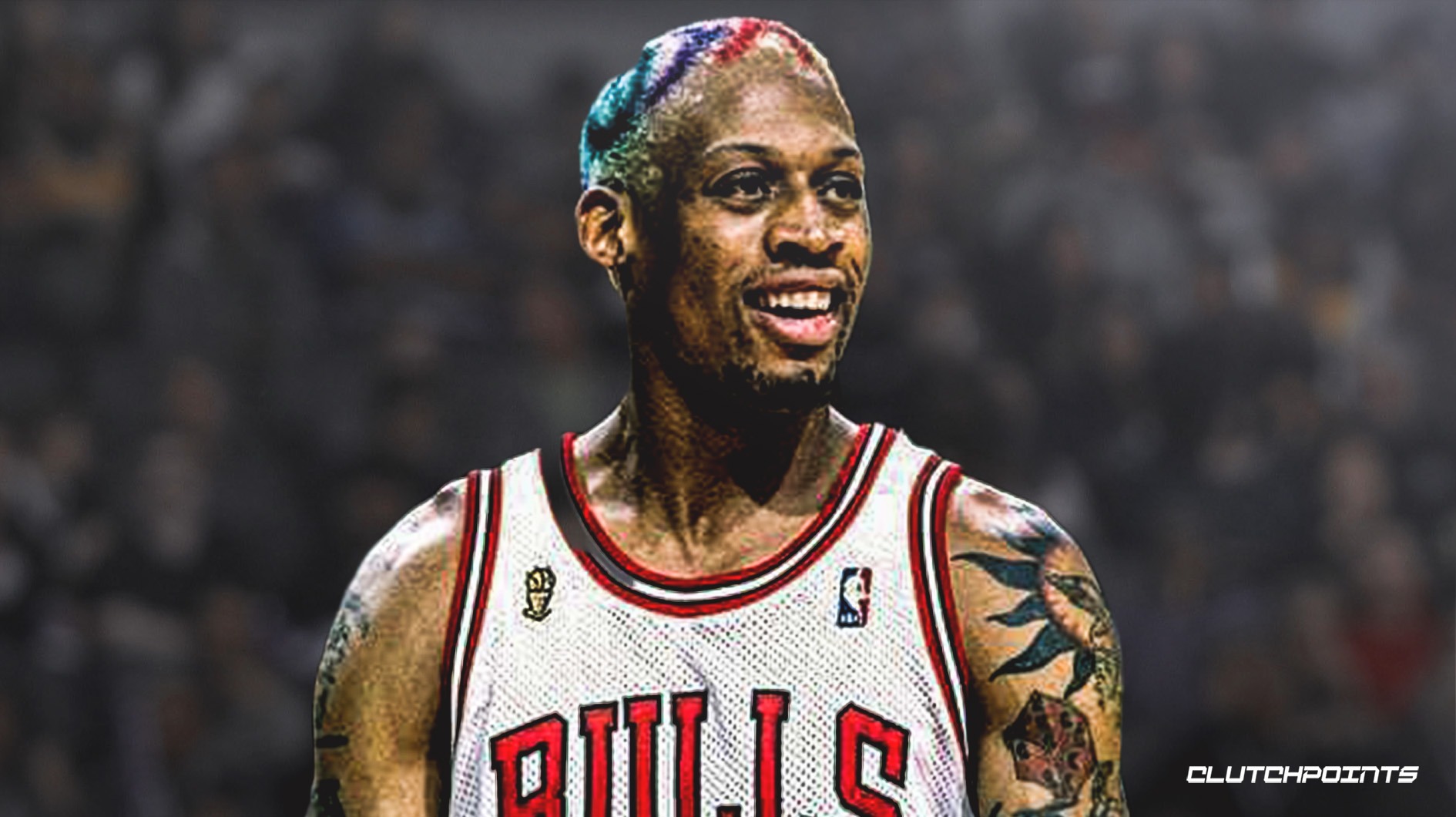
What Dennis brought to that team was the glue. He played his role as hard as anyone could possibly play it. Rodman could be a terror and distraction to opponents and teammates alike in his successful quest to becoming the rebound leader in the NBA for the Bulls in ’95 ’96. It’s an example how Rodman’s eccentric personality often overshadowed his greatness as a player.
Bulls guard Steve Kerr provides a great interview for ESPN and Director Jason Hehr. Now head coach for the Golden State Warriors, Kerr was the ideal role player for Jordan, Pippen, Rodman, et al.
Steady as a rock, Kerr tells a tall tale in the documentary. He was asked about his recruitment coming out of high school. “Very little,” he recalled. “About the same attention I was getting from girls.”
Yet Steve is immortalized for his buzzer-beater in the 1997 NBA Finals vs Utah. With the score tied at 86, Jordan passed the ball to Kerr with scant seconds on the clock, enabling him to hit the game-winner for the championship. That was the same year Kerr won the All-Star Game 3-point contest.
We see not just the talent, but the teases and tantrums of the Bulls’ star players. Also recognized is coach Phil Jackson’s prodigious psychology and patience. Jackson never appears rattled by the crazy activity surrounding his team.
The University of North Dakota alum would be called by many the “Zen Master” after taking over from Doug Collins in 1989. Tex Winter, another coach and Xs-and-Os genius, worked with Jackson to develop the triangle offense in which three players kept the ball moving in a virtual triangle. Teamwork and controlled intensity. Phil Jackson’s college majors were philosophy, psychology and religion.
Back To The Struggle
Let us return now from the athletic triumphs of yesteryear to the here-and-now issues of race and rage. Let us see if triangular teamwork and laser-focused intensity can achieve for our people the success earned by the Chicago Bulls of yore.
Like theirs, my professional achievements have been no solo act, but a triangular affair not unlike Phil Jackson’s studied approach. I founded our UBM construction company with two excellent, honorable and mutually complimentary partners – Sandra Dixon Jiles (MBA) and Sham Dabadghao (Civil Engineer).

We started in 1974 and by 1984, when Michael Jordan came to the Bulls, we were well on our way to employing 100+ staff and becoming, in 2004, the largest Black-owned construction company in Illinois.
Key partners included the Near North Insurance Agency, which provided the various liability and performance guarantees that too often stymie fledgling minority-owned contractors.
But the most important psychological thing Near North CEO Mike “Mickey” Segal provided us was use of a skybox at the old Chicago Stadium for Bulls games just when Jordan and his team were beginning to make waves.
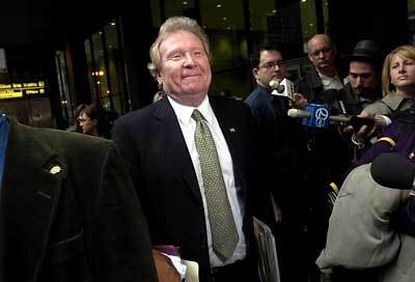
It was a nest for networking – the secret sauce of doing business in Chicago. Often we could invite 16-18 guests to enjoy catered food and drink, not to mention a perfect view, down low over the Bull’s bench.
Ten years later, when the new United Center opened in 1994, UBM had been involved in the new stadium’s construction and we were able to lease our own skybox.
Keep this in mind when you hear the rants of haters opposed to affirmative action, to SBA(8a) set-asides and to MBE utilization requirements. These are the programs that helped UBM be successful enough to purchase a 20-seat skybox in the United Center.
Talk about timing: The Bulls had won three titles by ’94 and were poised to win three more. All the while our UBM team entertained friends, clients, vendors, and many, many Black high school students. Many of the latter experienced, perhaps for the first time, a bright and shining future previously unimaginable. Skybox? They had been to the Mountaintop!
Let us prepare, right now, for the Championship Challenge, the presidential election. It is scheduled, date certain, for Tuesday, November 3, 2020. This election is more critical to Black people than any in recent memory.
And there are a few favorable newbies. One-third of the eligible voters will be non-white and one in 10 will be Generation Z, according to the Pew Report.
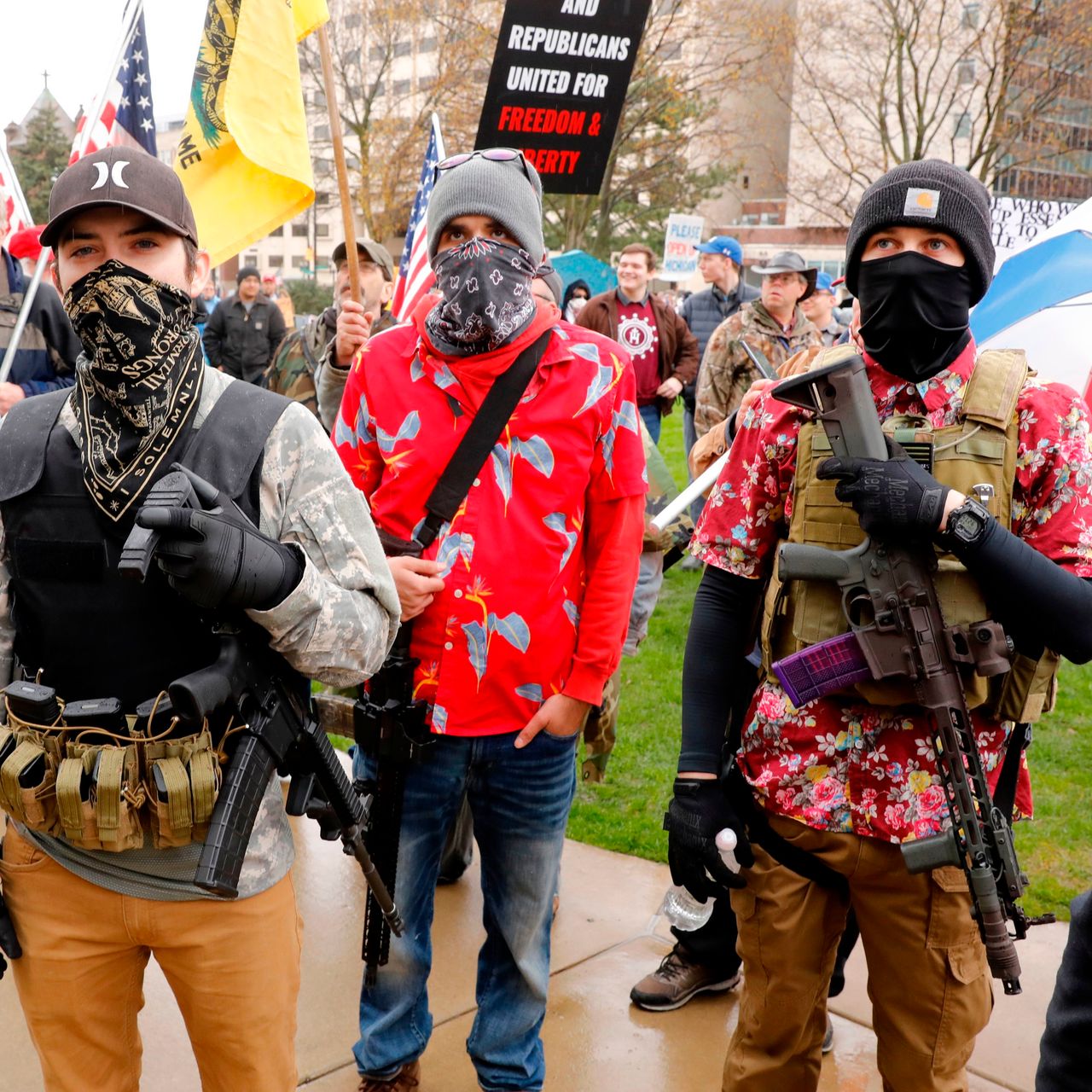
Support our protesters, but resist the Boogaloo Boys and the destruction they brought to our neighborhoods. Continue to give counsel to the young people (Black Lives Matter, et al) in their negotiations. This is a serious moment.
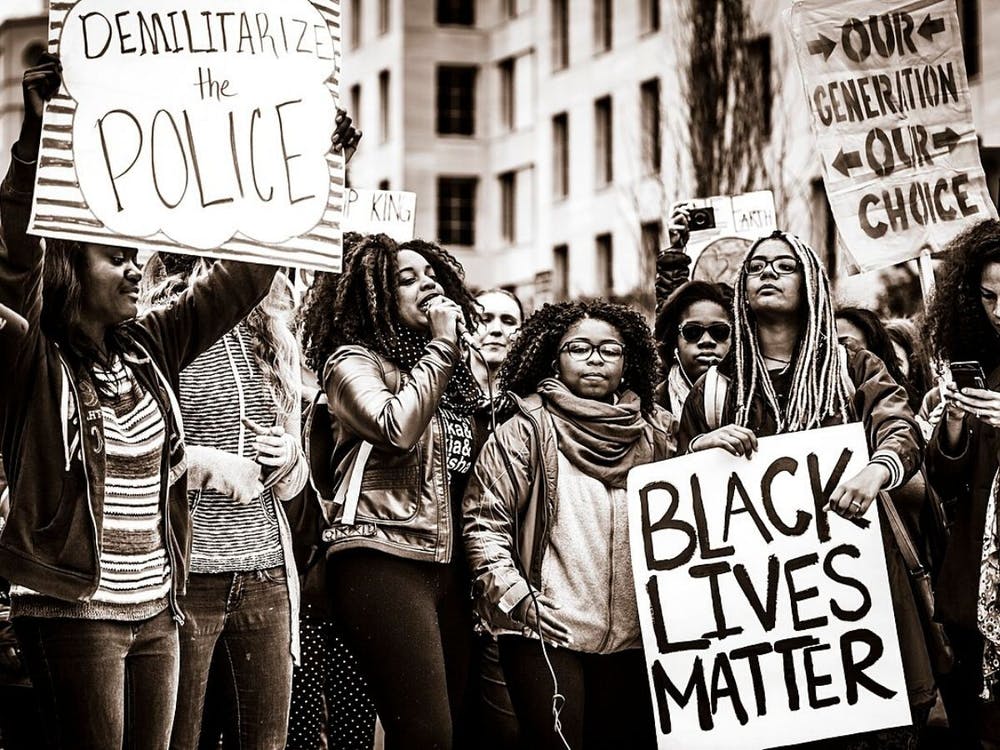
We can’t end racism and we won’t change police completely, but if those of us who have created change and have a voice connect with the younger people causing this global outcry, we will make a difference and move the needle towards justice.
George Floyd’s neck under the white policeman’s knee has gone GLOBAL! Like the man challenged: “Hey Chicago, you want some of this?”
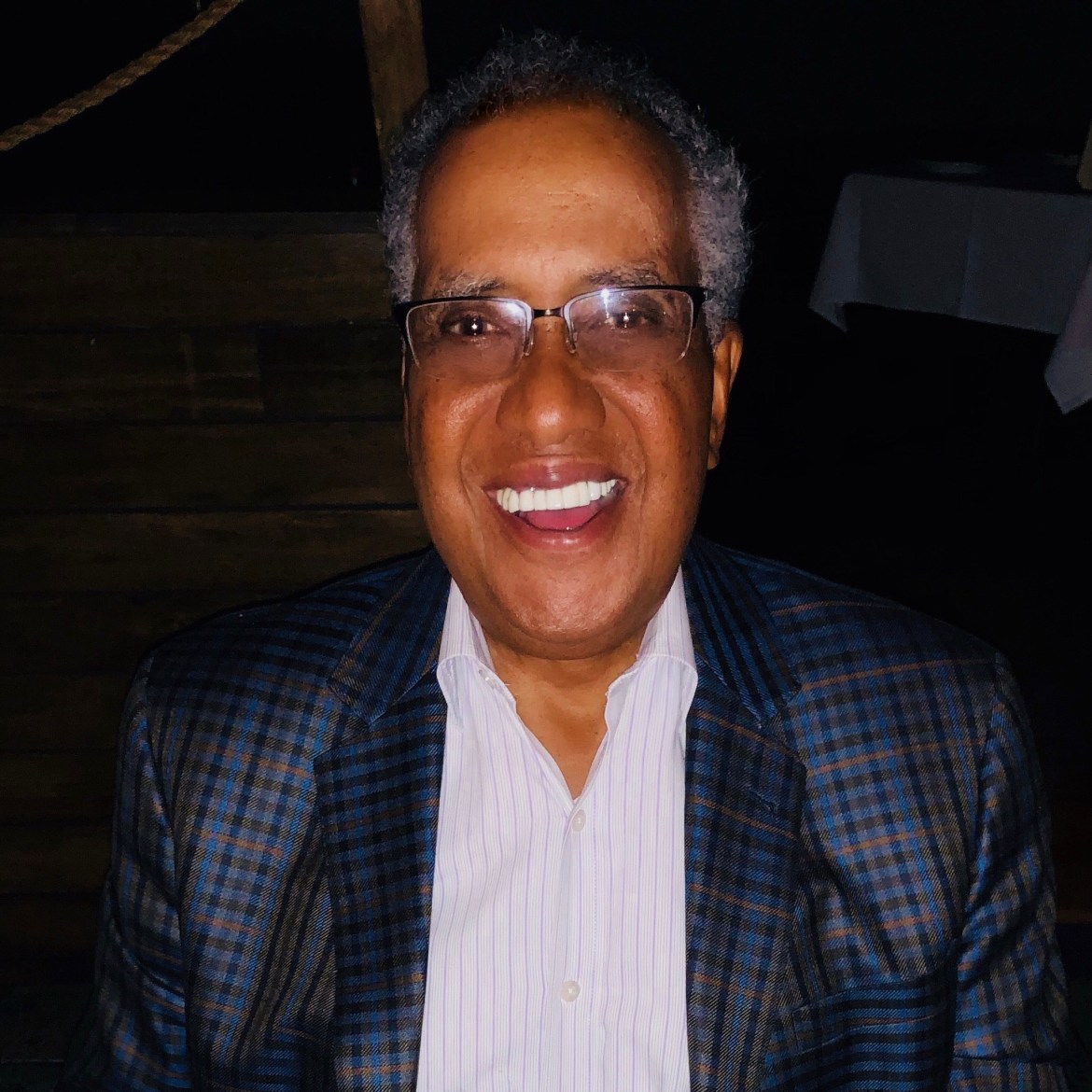
(Paul King is a construction consultant and member of Chicago’s Business Leadership Council.)


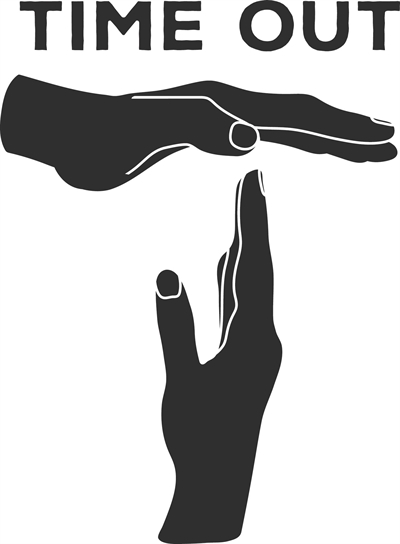

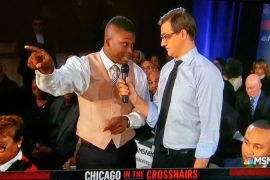
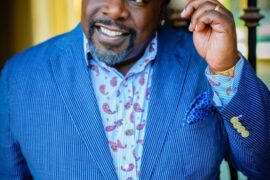
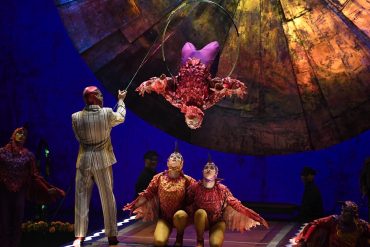
If The Boogaloo Boys participated in riots and looting, it was on the North Side. ☹️
Rioting and looting in the South and West Sides, was unfortunately done, by some African Americans. ☹️
Unlike the fired Craig Hodges, Michael Jordan wasn’t involved in Black causes, including Daley II, Girl X, Dantrell Davis, Black Murders (by some Whites and Blacks). So no, he wouldn’t endorse Harvey Gantt. He wouldn’t give up Nikes, made by poor Haitians. ☹️
The police can be replaced, by us African Americans. We have many fraternal, religious, empowerment, community and ? organizations. We have celebrities, athletes and all kinds of wonderful people. We can abd should patrol our own streets now! 🙂